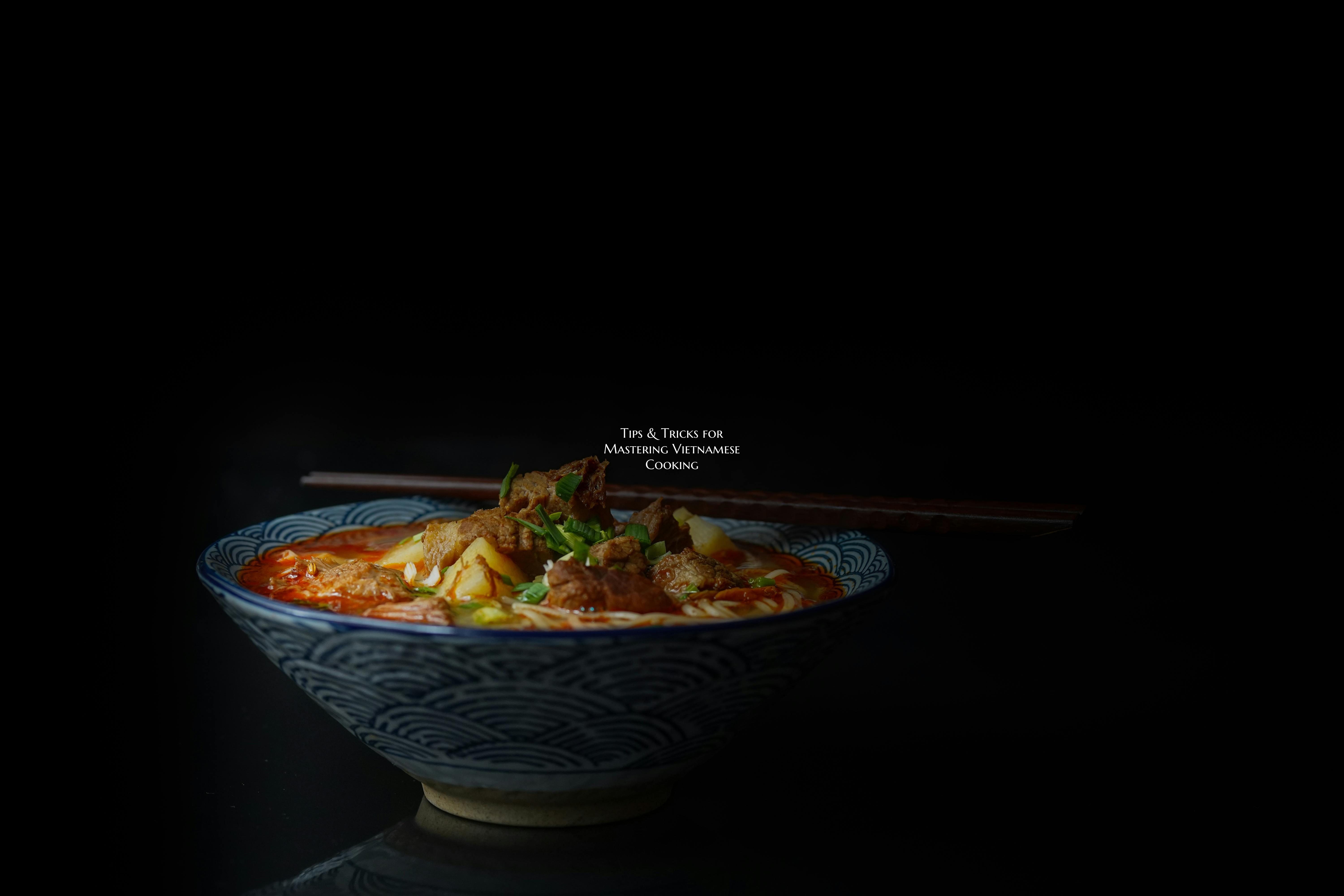
Tips & Tricks for Mastering Vietnamese Cooking
Whether you're new to Vietnamese cooking or looking to enhance your culinary skills, mastering the art of creating authentic Vietnamese dishes can be a rewarding and flavorful journey. Here are some tips and tricks to help you elevate your Vietnamese cooking to the next level:
1. Start with Fresh Ingredients: Vietnamese cuisine is known for its emphasis on fresh, bright flavors. When possible, use fresh herbs like cilantro, mint, Thai basil, and lemongrass, as well as quality ingredients like fish sauce, rice noodles, and coconut milk to bring out the authentic taste of Vietnamese dishes.
2. Balance of Flavors: Vietnamese cuisine is all about achieving a balance of flavors - sweet, sour, salty, and spicy. Pay attention to these taste elements in your dishes and adjust accordingly to create harmonious and delicious meals.
3. Techniques Matter: Mastering Vietnamese cooking techniques such as stir-frying, slow braising, and quick pickling is essential for capturing the traditional flavors of Vietnamese cuisine. Practice these methods to achieve the perfect texture and taste in your dishes.
4. Invest in Essential Ingredients: Stock up on key Vietnamese pantry staples such as fish sauce, rice vinegar, soy sauce, and rice noodles. These fundamental ingredients form the backbone of many Vietnamese dishes and will help you stay prepared for whipping up authentic meals at any time.
5. Explore Regional Cuisine: Vietnam's regional cuisine offers a diverse range of flavors and ingredients. Experiment with dishes from different regions such as the northern, central, and southern parts of Vietnam to expand your cooking repertoire and discover new and exciting flavors.
6. Get Creative with Presentation: Vietnamese dishes are not only delicious but also known for their vibrant colors and beautiful presentation. Have fun with garnishes like fresh herbs, pickled vegetables, and crispy toppings to add visual appeal to your dishes.
7. Practice Patience: Vietnamese cooking often involves slow-cooking techniques and intricate flavor layering. Be patient and allow your dishes the time they need to develop complex and authentic flavors.
8. Learn from Experts: Explore Vietnamese cookbooks, online tutorials, and cooking classes to gain insights and learn new techniques from experienced Vietnamese chefs. Emulate their methods and adapt them to your own cooking style.
By following these tips and tricks for mastering Vietnamese cooking, you can elevate your culinary skills and create delicious, authentic dishes that capture the essence of Vietnamese cuisine. Enjoy the process and savor the delightful flavors of Vietnam in your own kitchen. Happy cooking!
